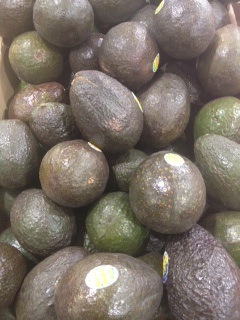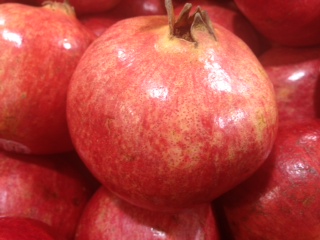A Mediterranean diet – a prescription for long life

In certain parts of Greece, the lifespan is eight to ten years longer than in America, according to a study by the University of Athens. Alzheimers is practically non-existent and the rate of dementia in seniors is about 25 percent the rate of the States’. A close examination of the Greek diet may provide clues to this longevity.

-
Teas that lower blood pressure: Teas range from fresh mint, to a blend of mountain-grown dried herbs to boiled dandelion leaves with a little lemon. Most of these herbs contain mild diuretics, often used to treat hypertension which can lead to lower blood pressure.

-
Goat’s milk that lowers the risk of depression and anxiety: A staple of the Greek diet is goat’s milk. Goat’s milk contains serotonin-boosting properties that are easily digestible. Increased serotonin is known to positively affect mood and to lower the risk of depression and bi-polar disorder.
-
Greek yogurt that helps fight heart disease: Greek yogurt is known for its thick and creamy texture, but that tasty flavor also contains as much as fifty percent less sodium and is high in protein . Its health benefits include being high in calcium, riboflavin, vitamins B6 and B12, which help fight heart disease and increase metabolism. Greek yogurt has been shown to promote healthy gums and to prevent diarrhea associated with antibiotics.

-
Herbs that prevent gum disease and improve blood circulation: Wild mint helps fight gum disease (gingivitis) and gastro-intestinal disorders. Rosemary is used as a remedy for arthritis in the joints (gout). The aromatic artemisia leaves, often used as a garnish in Mediterranean cuisine, are known to improve blood circulation.
-
Honey as the universal remedy for hangovers and influenza: Honey is treated as the universal remedy, which in Greek mythology is called a “Panacea”, after the Goddess of Universal Remedy. The varieties of honey found in Greece are unique to this region of the world and are used for healing wounds, curing hangovers, and for treating influenza.

-
Fish, vegetables and olive oil that lower the risk of heart disease: Low in saturated fats, a typical lunch consists of fish, lentil or garbonzo beans, potatoes, fennel, leafy greens and dandelion. Vegetables are organically produced and when grown locally have few or no pesticides. Most greens are rich in antioxidants that help prevent cancers. Generous use of olive oil on greens and vegetables reduces bad cholesterol and raises good cholesterol, thus lowering the risk of heart disease.
Donna Salle is a freelance travel writer and can be reached at TravelsWithHeart@gmail.com.
